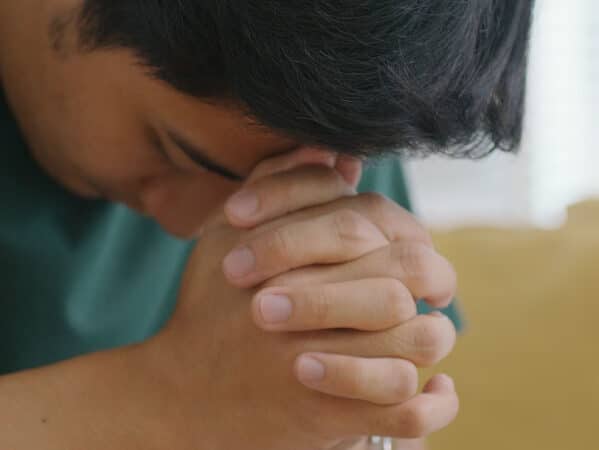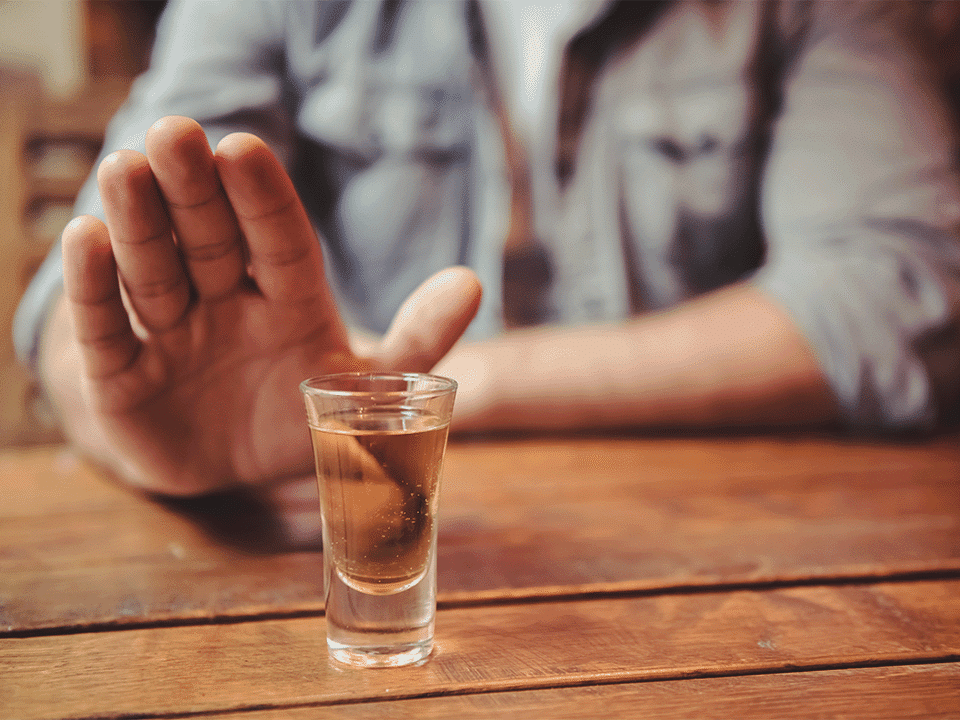As a general rule, you shouldn’t drink at all on Zoloft and most antidepressants. For those who choose to drink regardless, this should only be done lightly—no more than one or two standard alcoholic drinks. Binge drinking can be very dangerous on antidepressants like Zoloft.
What Happens When You Mix Zoloft & Alcohol?
Zoloft is a brand name for the antidepressant sertraline. On its own, it can treat symptoms of depression, obsessive-compulsive disorder, panic attacks, PTSD, and social anxiety disorder. It helps increase the amount of serotonin in the brain, which is a neurochemical that helps a person maintain a sense of mental and emotional balance.
Can You Drink on Zoloft?
No. You should not drink while taking Zoloft.
Alcohol is a central nervous system depressant, and it usually isn’t recommended that a person taking Zoloft drink significant amounts of alcohol while on the drug.[2] The combination of these drugs can have a number of unwanted effects, including just reducing the overall efficacy of Zoloft, making it less helpful in treating whatever it was prescribed for.[3]
In some cases, these drugs can cause dangerous effects when taken together. As discussed more later, some of these effects may be life-threatening.


11 Signs You Might Have a Drinking Problem
Why Do People Typically Mix Zoloft & Alcohol?
Why people mix these substances isn’t well-studied, and it isn’t clear how commonly this is done. However, it’s likely relatively common. Zoloft is one of the most commonly prescribed antidepressants in the United States, and alcohol is a widely available recreational drug.[3]
Alcohol is a central nervous system depressant, and a person taking Zoloft should not drink significant amounts of alcohol while on the drug. The combination of these drugs can have many unwanted effects. It can also reduce the overall efficacy of Zoloft, making it less helpful in treating the condition it was prescribed for.
In some cases, these drugs can cause dangerous effects when taken together. As discussed more later, some of these effects may be life-threatening.
What Happens If You Drink Alcohol While Taking Zoloft?
There are several potential problems that can occur when mixing these medications. This medication has a sedating effect on users, and a Zoloft alcohol interaction can worsen this effect. Used together, these drugs have been shown to lead to significant memory impairment and a greater risk of engaging in violent, impulsive behavior.
Taking these substances together also has the potential to temporarily unbalance serotonin levels, boosting them beyond what is healthy. This can lead to a condition called serotonin syndrome, where a person may experience the following:
High blood pressure
Rapid heart rate
Diarrhea
Muscle rigidity or twitching
Excessive sweating and shivering
Confusion
Agitation or restlessness
In severe cases, sertraline and alcohol dangers can become life-threatening.
This is all in addition to the important fact that taking Zoloft and alcohol together has the potential to reduce the efficacy of a person’s mental health treatment. If alcohol makes Zoloft less effective in managing symptoms, it likely isn’t worth drinking even if that individual experiences no additional negative side effects.
How Much Alcohol is Dangerous on Zoloft?
Medical professionals advise against drinking any amount of alcohol while you’re taking Zoloft. Even a small amount, such as one glass of wine, can adversely affect you.
The way your body reacts to this combination will be unique based on your health, the dosage of Zoloft you’re on, how long you’ve been on the medication, and other factors. It’s best to err on the side of caution and stick to non-alcoholic beverages while on this medication.
Emergency Symptoms to Watch For
In some cases, the interaction between alcohol and Zoloft can be extremely dangerous or even life-threatening. If you notice any of the following symptoms in yourself or someone else, dial 911 immediately:
Oversedation/slow breathing
Hallucinations
Racing heartbeat
Incoordination
Changes in blood pressure (high or low)
Muscle pain or twitching
Suicidal thoughts
When to Seek Help
If you’re taking Zoloft and you’re thinking about drinking alcohol, consult your healthcare provider immediately. You should also seek help as soon as possible if you experience any of the interaction symptoms described in this article.
Mixing Zoloft with alcohol can increase the risk of dangerous side effects, including impaired judgment, drowsiness, and worsened depression or anxiety. If you’re struggling with substance use or need guidance, call us or visit one of our locations today for professional support.
You might think that having just one drink is OK when you’re taking Zoloft. However, it’s best to steer clear of alcohol altogether when you’re taking this medication. The risk of adverse side effects is too great, regardless of the amount consumed. Plus, having one drink might make you more inclined to consume more, which increases your risk of dangerous complications.
You should consult your doctor after stopping Zoloft to learn how soon after stopping this medication it will be safe to drink.
It can take up to five days or more for this medication to be fully cleared out of your body, and the timeline could be longer for older adults or individuals with liver problems. Your physician can give you a definitive timeline based on your age, body, and specific condition.
If you accidentally consumed alcohol while taking Zoloft, it’s important to monitor yourself for any side effects that you might be experiencing. In the meantime, avoid drinking any more alcohol and reach out to your doctor immediately if you develop any signs of serotonin syndrome.
- Sertraline. U.S. National Library of Medicine. Published January 15, 2022. Accessed February 18, 2024.
- Can I drink alcohol while taking antidepressants? National Alliance on Mental Illness. Published 2021. Accessed February 18, 2024.
- Drinking alcohol while taking Zoloft can cause serious side effects, from seizures to worse depression. Business Insider. Published February 23, 2023. Accessed February 18, 2024.
- Alcohol consumption and the use of antidepressants. Graham K, Massak A. Canadian Medical Association Journal. 2007;176(5):633-637.
- Interaction between antidepressants and alcohol: Signal amplification by multiple case reports. Menkes DB, Herxheimer A. The International Journal of Risk & Safety in Medicine. 2014;26(3):163-170.
- Demystifying serotonin syndrome. Foong AL, Grindrod KA, Patel T, Kellar J. Canadian Family Physician Medecin de Famille Canadien. 2018;64(10):720-727.
















